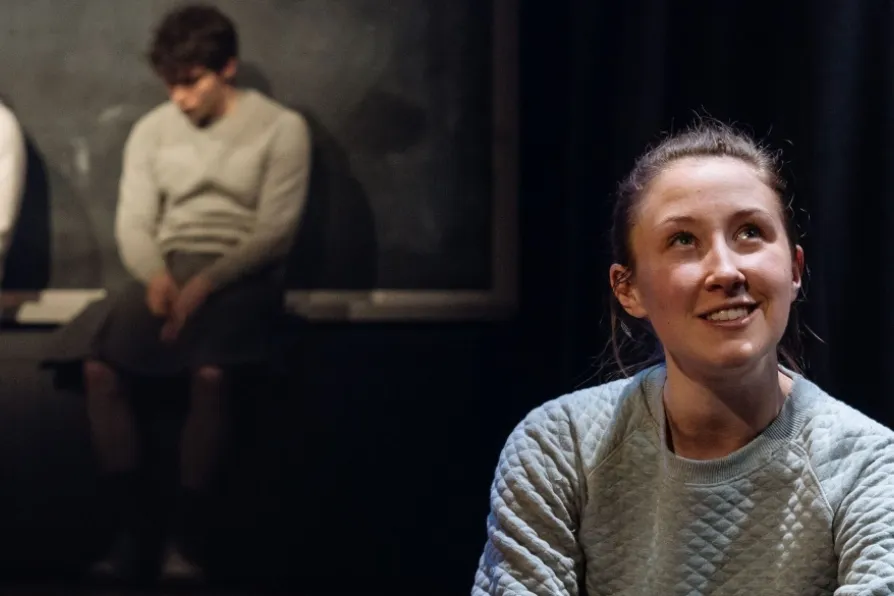GEOFF BOTTOMS applauds a version set amid the violent conflicts of the 19th century west African Oyo empire before the intervention of British colonialism

 Impressive: Erin Doherty as Soween
[Manuel Harlan]
Impressive: Erin Doherty as Soween
[Manuel Harlan]
The Divide
The Old Vic, London
YOU'D be forgiven if you walked out of watching Alan Ayckbourn's The Divide vowing never to go to the theatre again.
Cut down from the original six-hour marathon, this four-hour epic dystopian tale, set over 100 years into the future, is full of so many mixed messages and insulting cliches it's hard to grasp Ayckbourn's point.
It's set in a post-apocalyptic society where, following an infectious plague carried by women, the sexes are kept mostly separate. Women live in the south and men in the north, same-sex relationships are the norm, heterosexuality is forbidden and children are the product of artificial insemination.

What’s behind the stubborn gender gap in Stem disciplines ask ROX MIDDLETON, LIAM SHAW and MIRIAM GAUNTLETT in their column Science and Society

SIMON PARSONS is taken by a thought provoking and intelligent play performed with great sensitivity












